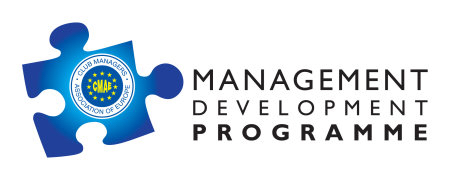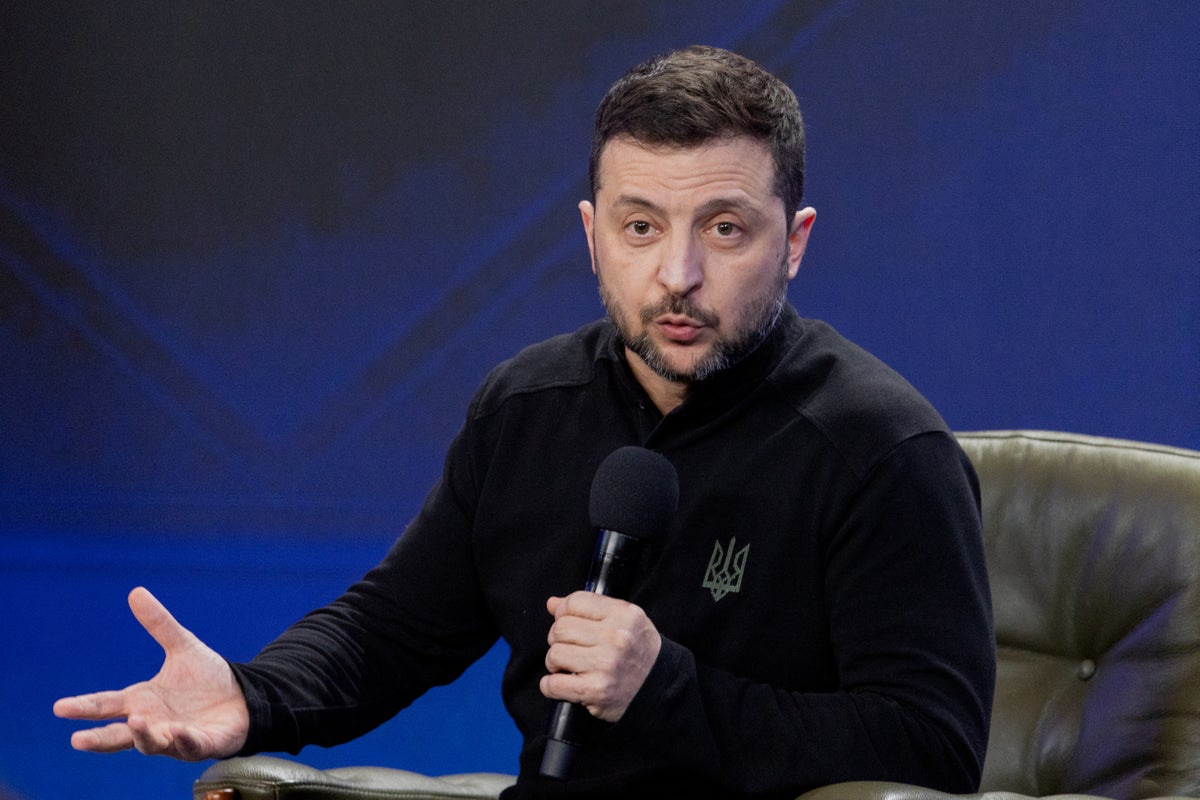Re-engaging European SMEs in GBA is key, experts say | Macau Business

Raising awareness of the vast opportunities within the Chinese market—particularly in the dynamic Guangdong-Hong Kong-Macau Greater Bay Area (GBA) among small- and medium-sized enterprises (SMEs) in Europe is vital for strengthening bilateral ties.
These insights were shared by a panel of experts on Tuesday during a discussion on the evolving relations between Europe and China. The experts also emphasised the potential of Macau and the nearby Hengqin cooperation zone to attract European firms, tech start-ups, and more.
Organised by Macau Business, Great Bay Express, and the Rui Cunha Foundation, the seminar, titled “1st GBA – Europe Roundtable,” was held at the Foundation’s venue on Tuesday evening.
Addressing SME challenges
Peter Helis, a panellist and international executive representative of Invest Guangzhou as well as chief advisor to Guangzhou’s Huangpu District in Guangdong, pointed out that China continues to attract significant foreign direct investment, particularly from major multinational corporations in the post-Covid era.
However, Helis noted that European SMEs face challenges in seizing opportunities within the Greater Bay Area and China at large. He attributed this, in part, to the European Union’s administration and the Western media’s “not so positive” stance towards China.
“This is a problem for small- and medium-sized enterprises [in Europe] because the multinational companies are already localised and understand how China operates,” Helis explained. “SMEs are typically family-run, quite conservative, and cautious about where they invest. They are actually the ones holding back more [from entering China].”
He called for stronger advocacy among European SMEs about the benefits of engaging with China: “We need to lobby back and share the China stories [with European SMEs]. We have to address the challenges but also highlight the opportunities in this vast market.”
Helis, the first foreign government employee in Guangzhou, also underlined the region’s innovation potential, noting that 10 per cent of global innovations, as evidenced by international patent applications, originate from the Greater Bay Area, with China contributing 40 per cent globally.
Encouraging visits and internships
Another panellist, Bernard Dewit, chairman of the Belgian-Chinese Chamber of Commerce, echoed similar sentiments, highlighting the EU’s cautious approach towards China.
“We still have a number of cooperation programmes with China, particularly in areas such as green energy and the green economy,” Dewit said. “Some countries, like Germany, are much more inclined towards maintaining strong relations with China than others.”
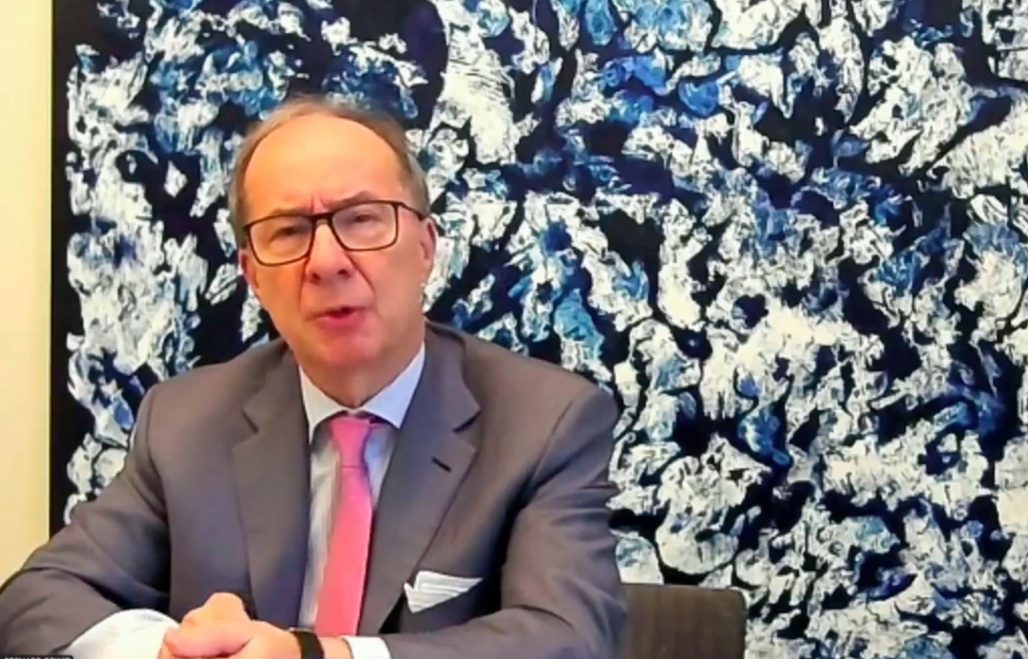
“The European business community remains connected with China, but the challenge lies in re-engaging SMEs,” he added. “While large enterprises have stayed in China, many SMEs left during Covid and remain hesitant to return.”
Dewit proposed organising more visits to the Greater Bay Area and other parts of China for European firms, especially during major trade events like the Canton Fair. He also suggested creating internship opportunities for Europeans in Chinese companies to foster better understanding and engagement.
“We cannot ignore China. It is too important for the world and Europe in particular,” he concluded.
Leveraging Macau and Hengqin
During the seminar, Rui Pedro Cunha, president of the Macau European Chamber of Commerce, shared his discussions with European Commission representatives, who expressed curiosity about Macau, the Guangdong-Macau In-Depth Cooperation Zone in Hengqin, and the Greater Bay Area despite the EU’s cautious stance.
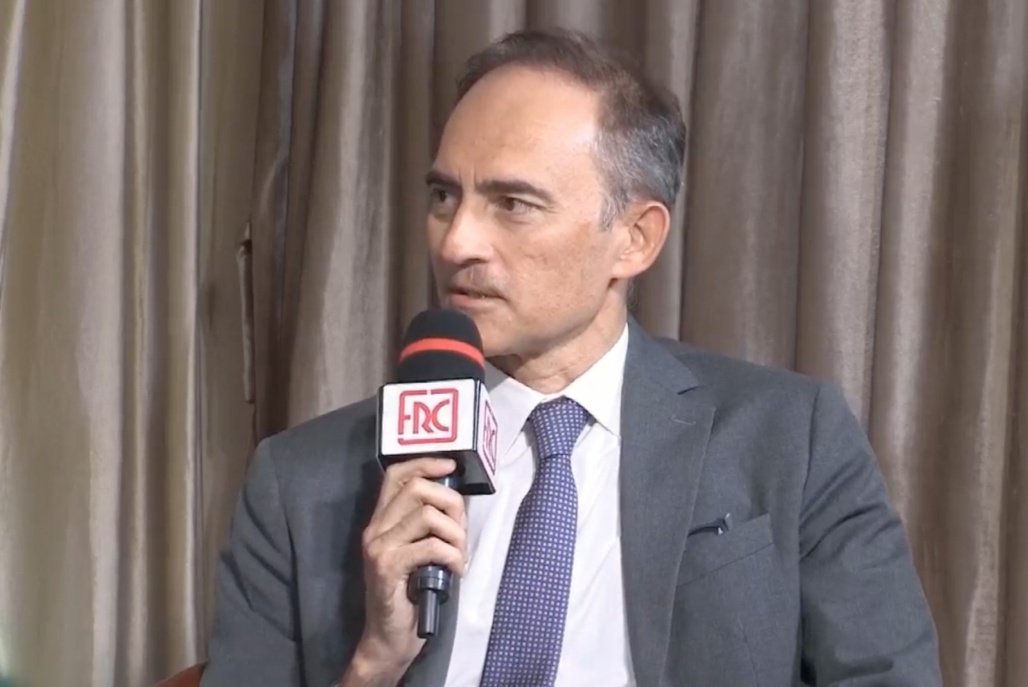
Established three years ago, the Hengqin cooperation zone is a joint initiative of Guangdong and Macau authorities aimed at fostering Macau’s economic diversification and integration with mainland China.
“Hengqin is an excellent idea to help Macau expand into the Greater Bay Area because Macau lacks the space to grow,” Cunha remarked. “European companies can establish themselves in Macau, with warehouses, production facilities, and research and development units in Hengqin.”
Cunha emphasised the need to attract more international talent to Macau and to simplify processes for foreign businesses to set up operations in Macau and Hengqin.
Enhancing innovation
Joshua Xiang, managing director of the Macao Institute of Industrial Technology, provided insights on the region’s potential. Having relocated from Silicon Valley to Macau and Hengqin, Xiang described the Greater Bay Area as a fusion of Silicon Valley’s technological innovation and Las Vegas’s entertainment industry.
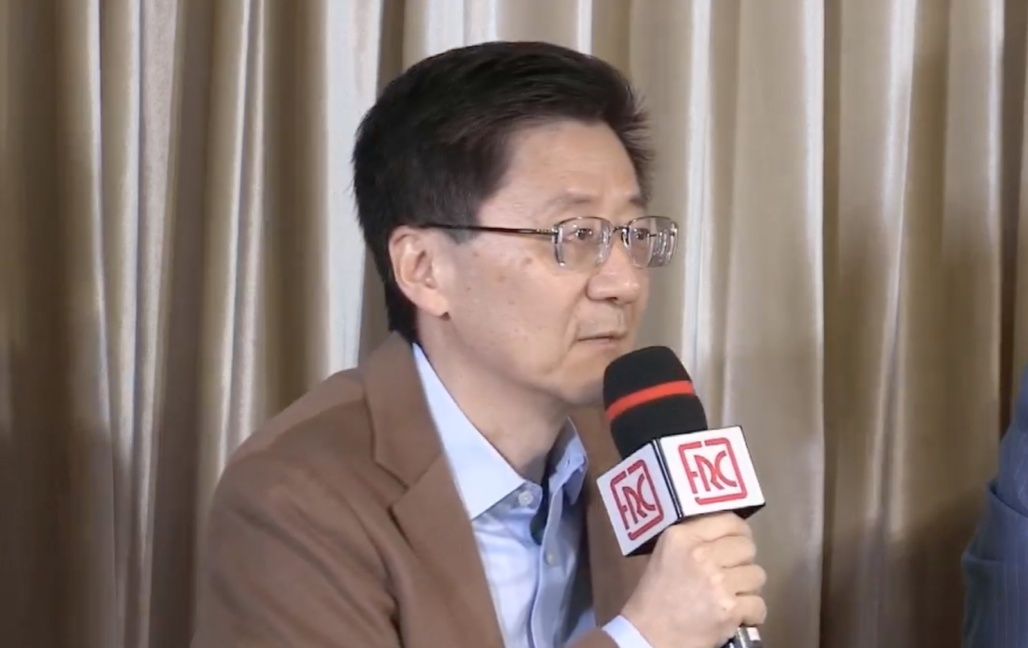
He advocated for leveraging Macau’s fiscal surplus to establish venture capital funds to attract tech enterprises and professionals, especially from Europe. Xiang also highlighted the importance of a “free and open Internet” in Hengqin, free from mainland China’s typical restrictions, to drive high-tech sector growth.
“If that opens up, I imagine all the AI [artificial intelligence] start-ups will come,” he said.
Role of incubators and cultural awareness
Veronica Fong Hoi In, an associate professor at Macau University of Science and Technology (MUST), highlighted the role of incubators in attracting European businesses.
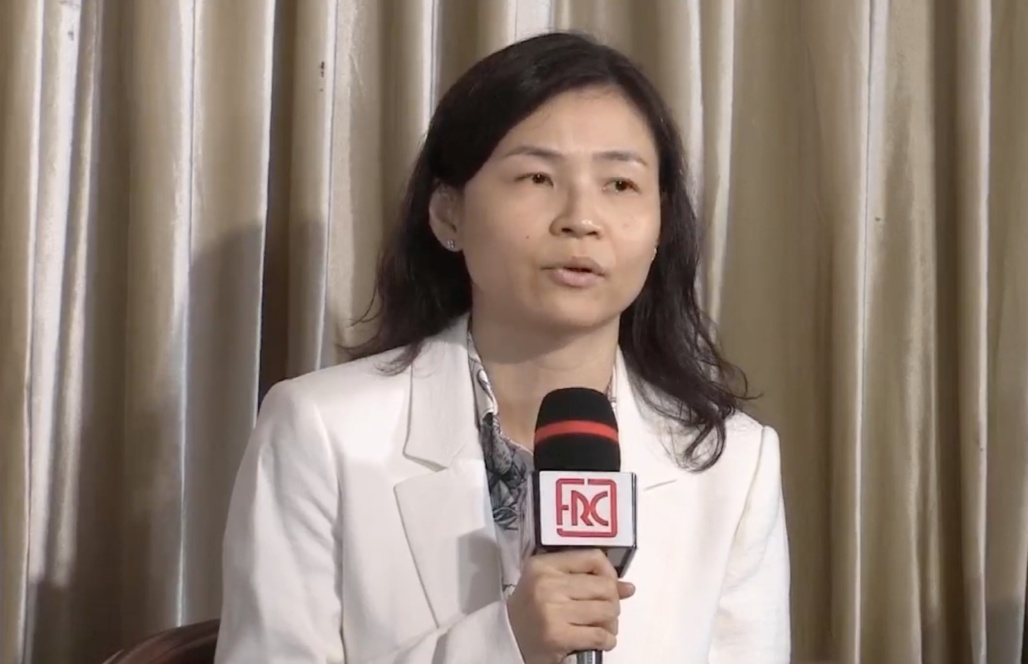
“Incubators can introduce [European enterprises] to the Greater Bay Area and China,” she said.
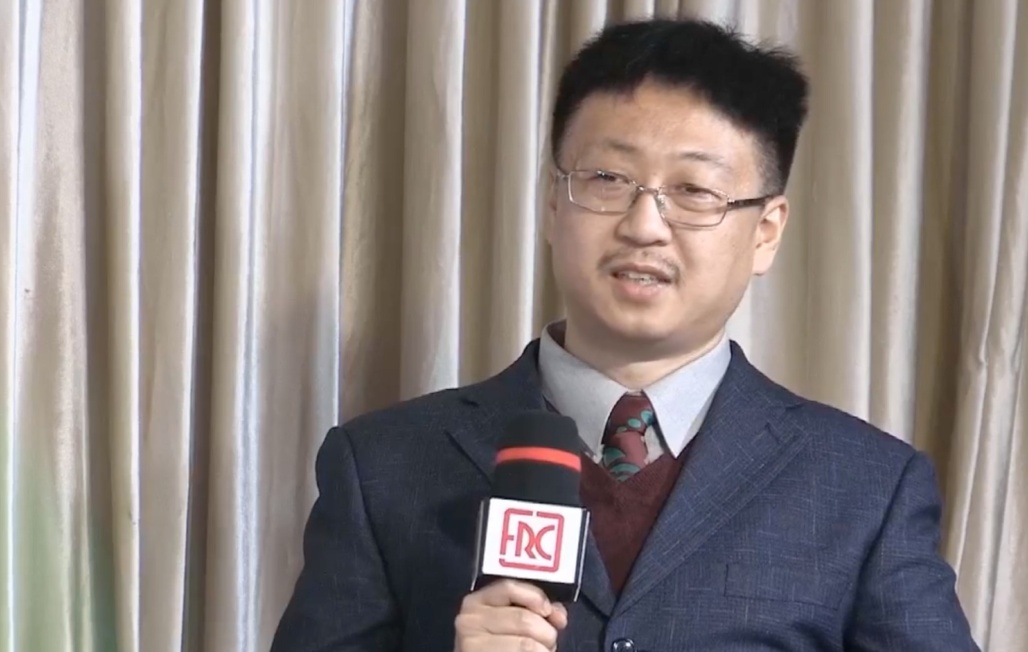
Meanwhile, Zhang Fan, an assistant professor at MUST, stressed the importance of cultural awareness. Leveraging its historical ties and unique positioning, Macau can bridge European and mainland Chinese systems.
“Macau is truly a good place to connect China and Europe,” Zhang concluded.
Related
European Leaders Draft Peacekeeping Plan for Ukraine With U.S. Forces…
By Anthony Marcus for Eurasia Business News, February 23, 2025. Article no.1430. European leaders are currently formulating a peacekeeping plan
European Club Education Foundation invites applications for Young Manager Bursary
Golf Business News - European Club Education Foundation invites applications for
Legends Appoints Chris Bray President Of European Business – Pollstar…
Chris Bray will lead the combined business of Legends and ASM Global in Europe. Courtesy Legends Legends today announced that Chris Bray has been appoin
Europe stocks close lower; Schneider Electric shares rise 3% as…
Europe stocks close lower European markets closed lower on Thursday after a choppy start in early deals, with the Stoxx 600 index ending the session 0.18% lower

